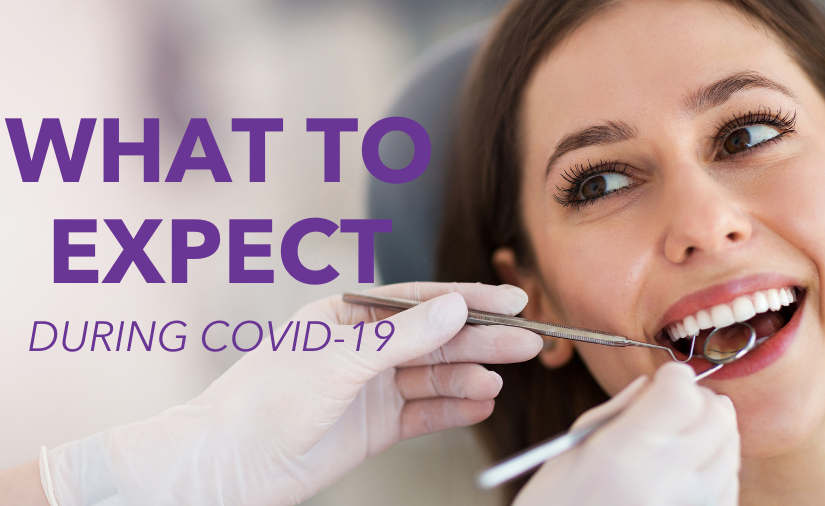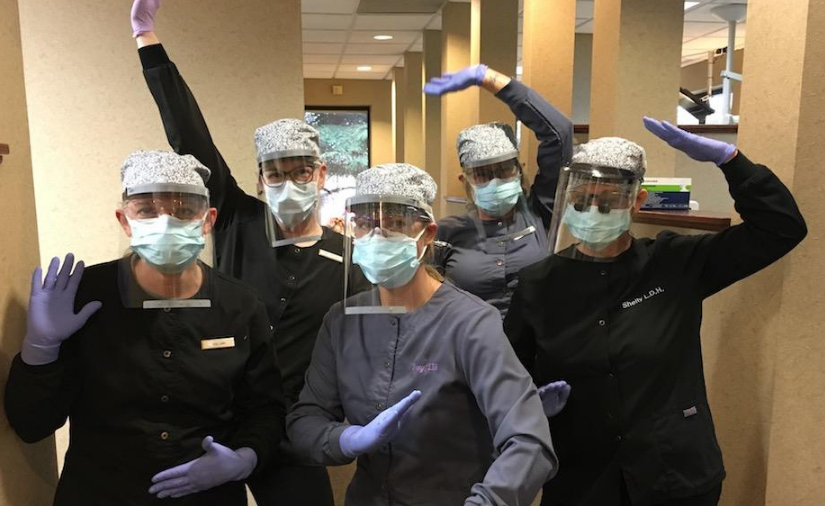By: Dr. Elizabeth Eggert
May is oral cancer awareness month. And although oral cancer affects more than 50,000 people each year, regular visits with your dentists at Eggert Family Dentistry can help detect early warning signs.
Regardless of whether you’ve been diagnosed with oral cancer or another cancer, you may notice changes in your mouth. Chemotherapy, radiation, immunotherapy, and other types of cancer treatments can have an impact on your mouth. Your gums, teeth, and salivary glands can be seriously affected.
However, with good oral care, you can help mitigate the side effects and lower the risk of other oral challenges.
Oral Sides Effects of Cancer Treatment
The type of cancer treatment you receive will affect the symptoms you have, as well as the oral care you need. The most common oral side effects of cancer treatment include:
- Dry mouth
- Thick saliva
- Changes in taste
- Mouth sores
- Difficulty chewing and swallowing
- Higher risk of tooth decay and gum disease
The Best Oral Care for Cancer Patients
The most effective oral care for cancer patients may feel similar to the best dental hygiene you could have. Oral care for cancer patients includes:
Brushing your teeth, but maybe more gently: Because your mouth can be more sensitive, be sure to use your soft toothbrush and brush more gently than you normally would.
Brushing your teeth more often: In addition to brushing your teeth gently in the morning and at night, consider brushing after every meal because of the decrease in saliva.
Maintaining your flossing routine: If you already floss your teeth, continue flossing, ideally before bed. However, if you haven’t been a regular flosser, start now, but be prepared for slightly more irritation in your gums at first.
Rinsing your mouth every 4 to 6 hours: An important part of oral care for cancer patients includes rinsing your mouth multiple times each day. The best rinses will be plain water, salt water, or baking soda water.
Keeping your lips moisturized: Because your mouth will produce less saliva than normal, it’s important to keep your lips moisturized. Apply a moisturizer (such as Aquaphor or Vaseline) every 4 to 6 hours.
Be prepared for yeast infections: Especially if you wear dentures, due to more limited saliva production, you will be more prone to yeast infections. Keep your dentures impeccably clean and rinse your mouth as described above.
Managing Oral Pain During Cancer Treatment
The right oral care for cancer patients can help alleviate mouth pain during cancer treatments. In addition to the steps listed above that you should add to your routine, there are other things that you may need to remove from your routine. During cancer treatment, you should avoid:
- Alcohol and tobacco
- Mouthwash, especially any that has alcohol or sugar
- Salty food and strong spices
- Citrus fruit and juice
- Tomatoes and tomato sauce
- Other acidic foods or drinks
- Hard, dry, or coarse foods
- Very hot or cold foods and liquids
Schedule an Appointment Before You Start Cancer Treatment
If you’re starting cancer treatment, it can be helpful to meet with the dentists at Eggert Family Dentistry first. Your body is going through a lot right now, and good oral care is essential in helping your mouth feel as good as possible. To schedule an appointment with Dr. Elizabeth or Dr. Jeff, call our office at 651-482-8412.


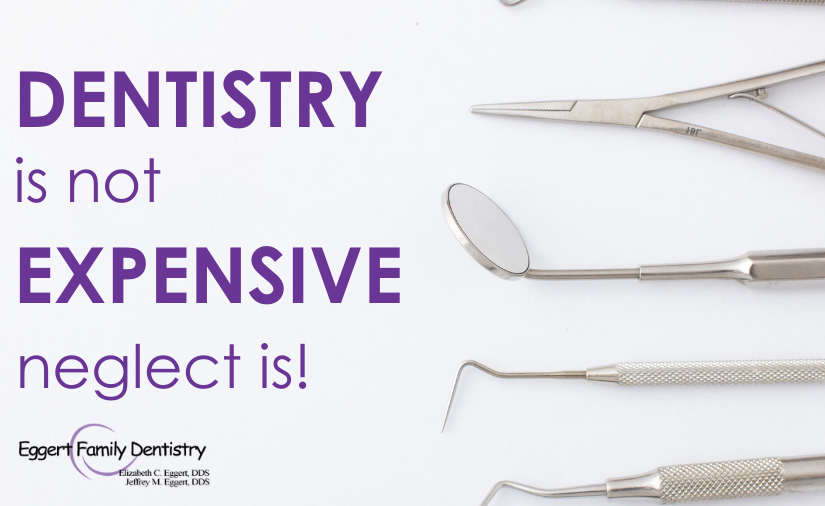

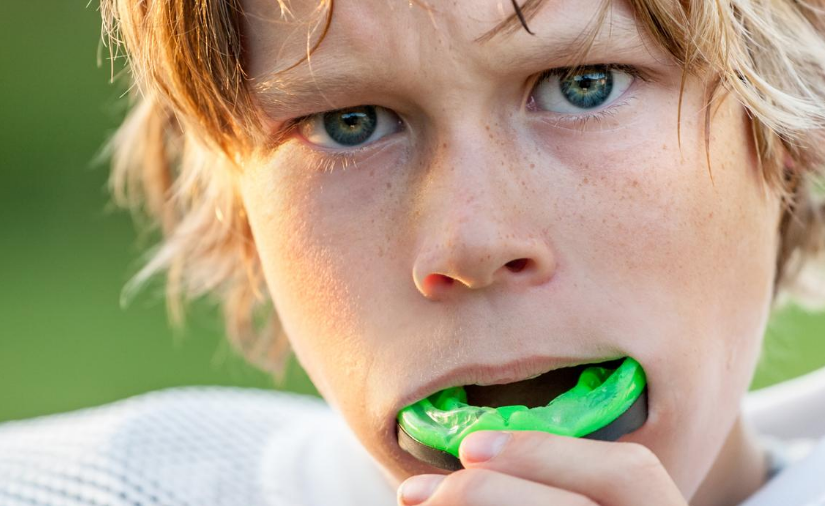

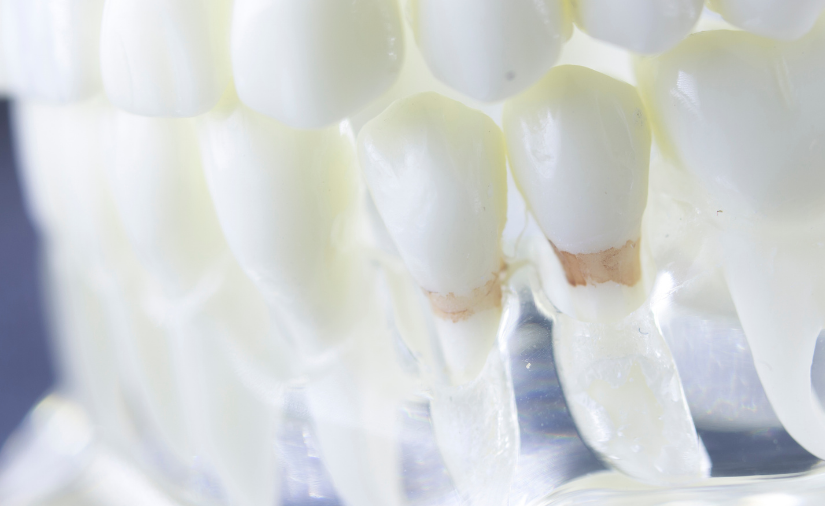
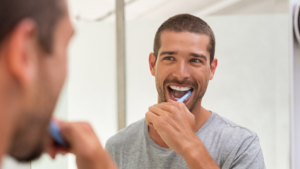 There are a few primary ways you can keep plaque from getting the best of you (and your mouth)!
There are a few primary ways you can keep plaque from getting the best of you (and your mouth)!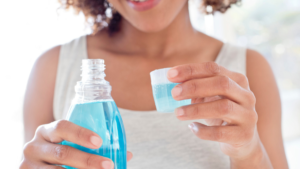 Swish with mouthwash. It’s easy to brush and floss but not take the process any further. When you swish with fluoridated mouthwash afterward, you dislodge any residual food particles. Plus, the
Swish with mouthwash. It’s easy to brush and floss but not take the process any further. When you swish with fluoridated mouthwash afterward, you dislodge any residual food particles. Plus, the 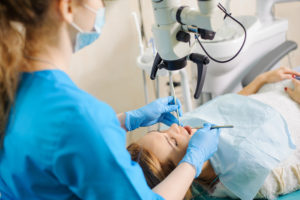 Reducing sugars in your diet in addition to stepping up your oral hygiene game can combat plaque buildup before it becomes a bigger problem. A thorough polishing by one of our hygienists during your recare visit will also help reduce plaque on and in between your teeth.
Reducing sugars in your diet in addition to stepping up your oral hygiene game can combat plaque buildup before it becomes a bigger problem. A thorough polishing by one of our hygienists during your recare visit will also help reduce plaque on and in between your teeth.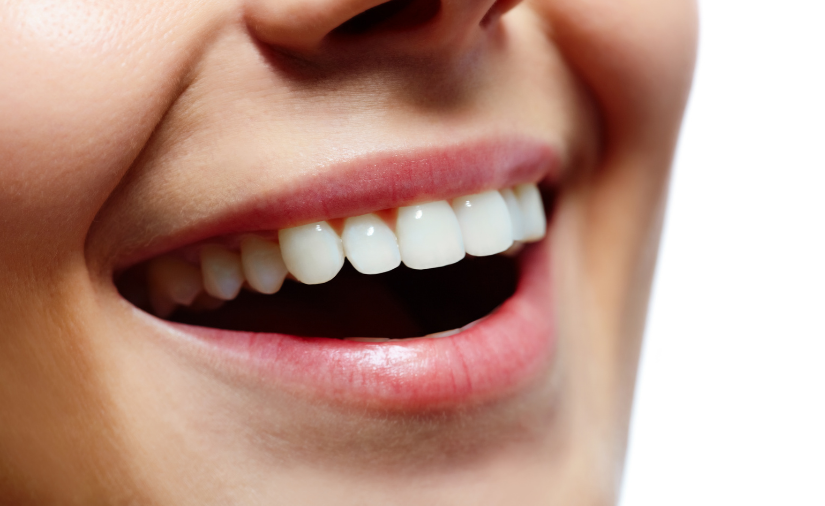
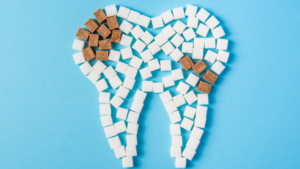 Cause: One of the
Cause: One of the  Tip #2: Prevent enamel erosion by limiting the consumption of acidic foods. When you indulge in acidic foods or beverages, brush and floss an hour afterward to clean out your mouth so acid doesn’t linger and cause enamel damage. You don’t want to brush and floss right after consumption of food and drink with acid because the acidic pH environment will allow your toothbrush to abrade the enamel away quickly. If you wait at least an hour, your saliva has a chance to neutralize your mouth.
Tip #2: Prevent enamel erosion by limiting the consumption of acidic foods. When you indulge in acidic foods or beverages, brush and floss an hour afterward to clean out your mouth so acid doesn’t linger and cause enamel damage. You don’t want to brush and floss right after consumption of food and drink with acid because the acidic pH environment will allow your toothbrush to abrade the enamel away quickly. If you wait at least an hour, your saliva has a chance to neutralize your mouth.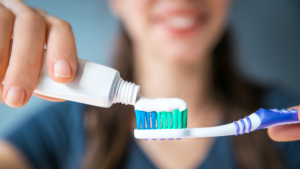 Tip #3: Prevent enamel erosion by making sure you’re using fluoride toothpaste and mouthwash. Fluoride is a naturally occurring mineral that, when added to toothpaste, mouthwash or your municipal water supply, helps remineralize lost calcium and phosphate ions and reinforce your teeth’s first line of defense, reducing chances of damage and decay.
Tip #3: Prevent enamel erosion by making sure you’re using fluoride toothpaste and mouthwash. Fluoride is a naturally occurring mineral that, when added to toothpaste, mouthwash or your municipal water supply, helps remineralize lost calcium and phosphate ions and reinforce your teeth’s first line of defense, reducing chances of damage and decay.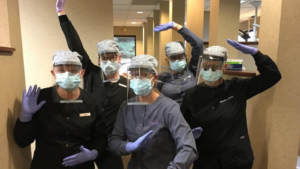 Tip #5: Prevent tooth erosion by visiting Eggert Family Dentistry for regular cleanings! At your
Tip #5: Prevent tooth erosion by visiting Eggert Family Dentistry for regular cleanings! At your 